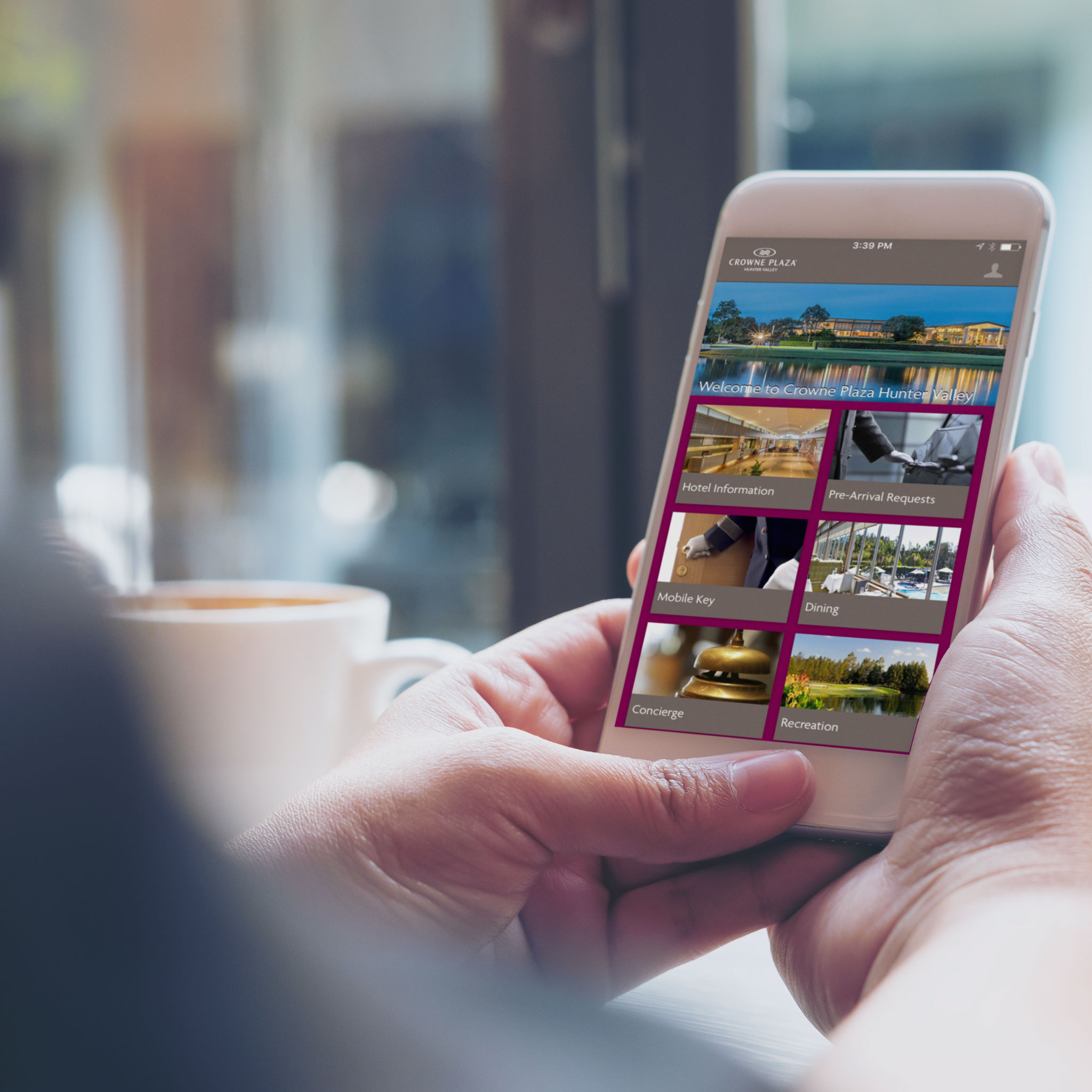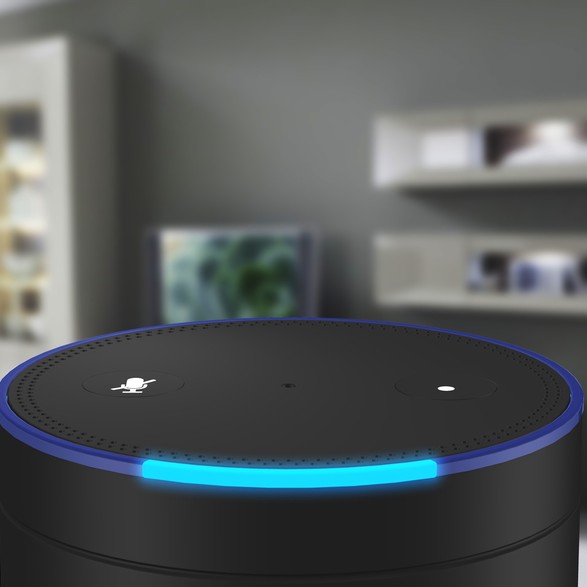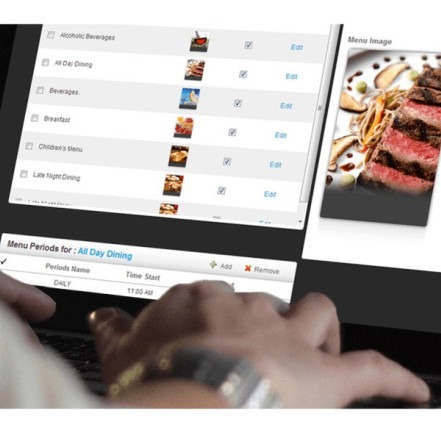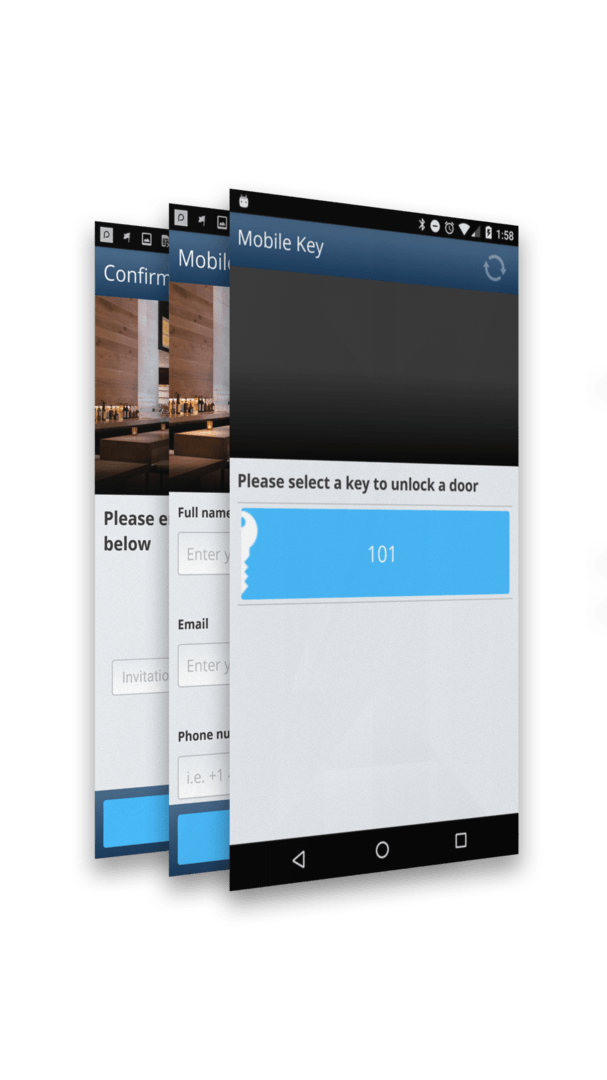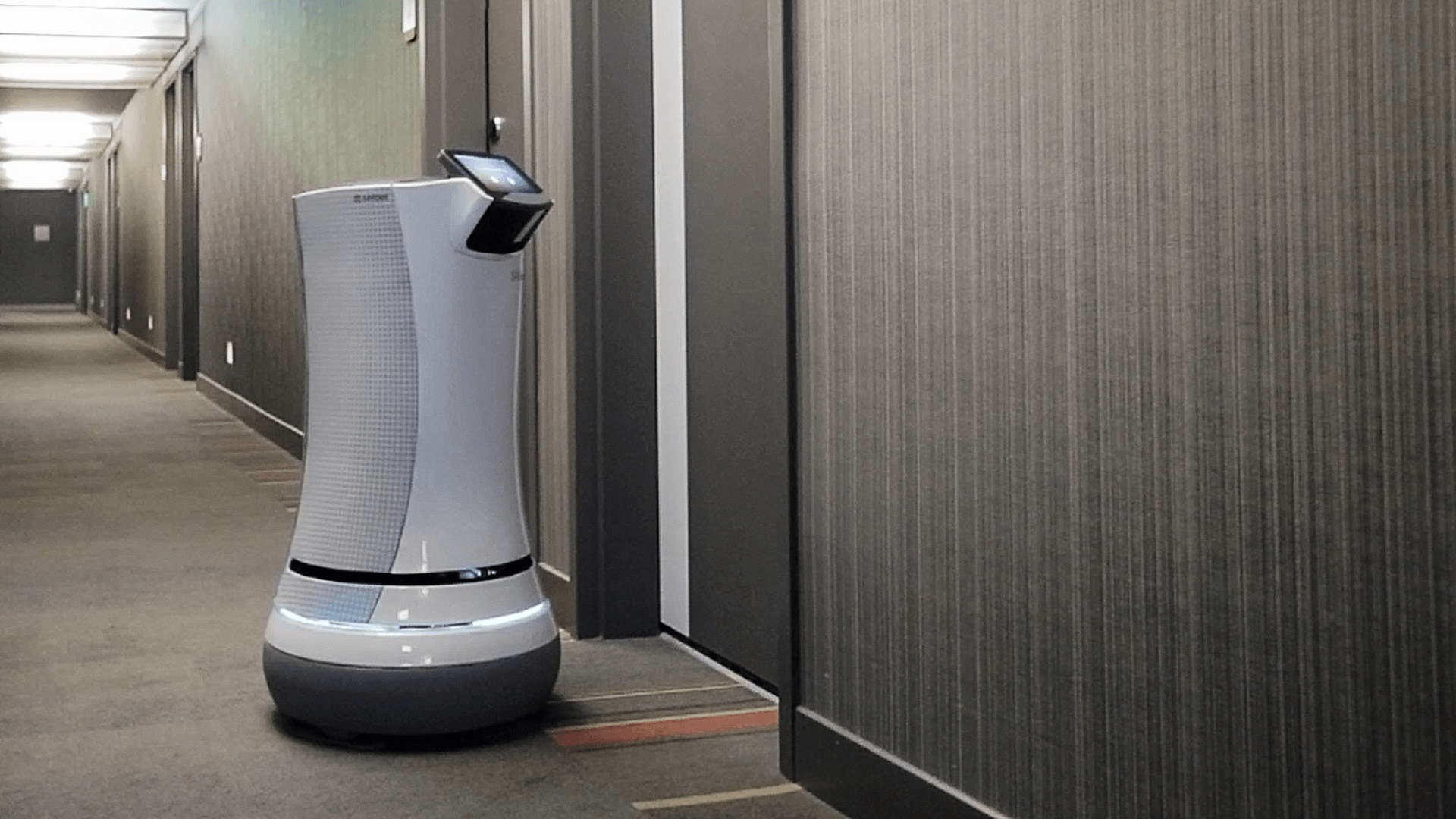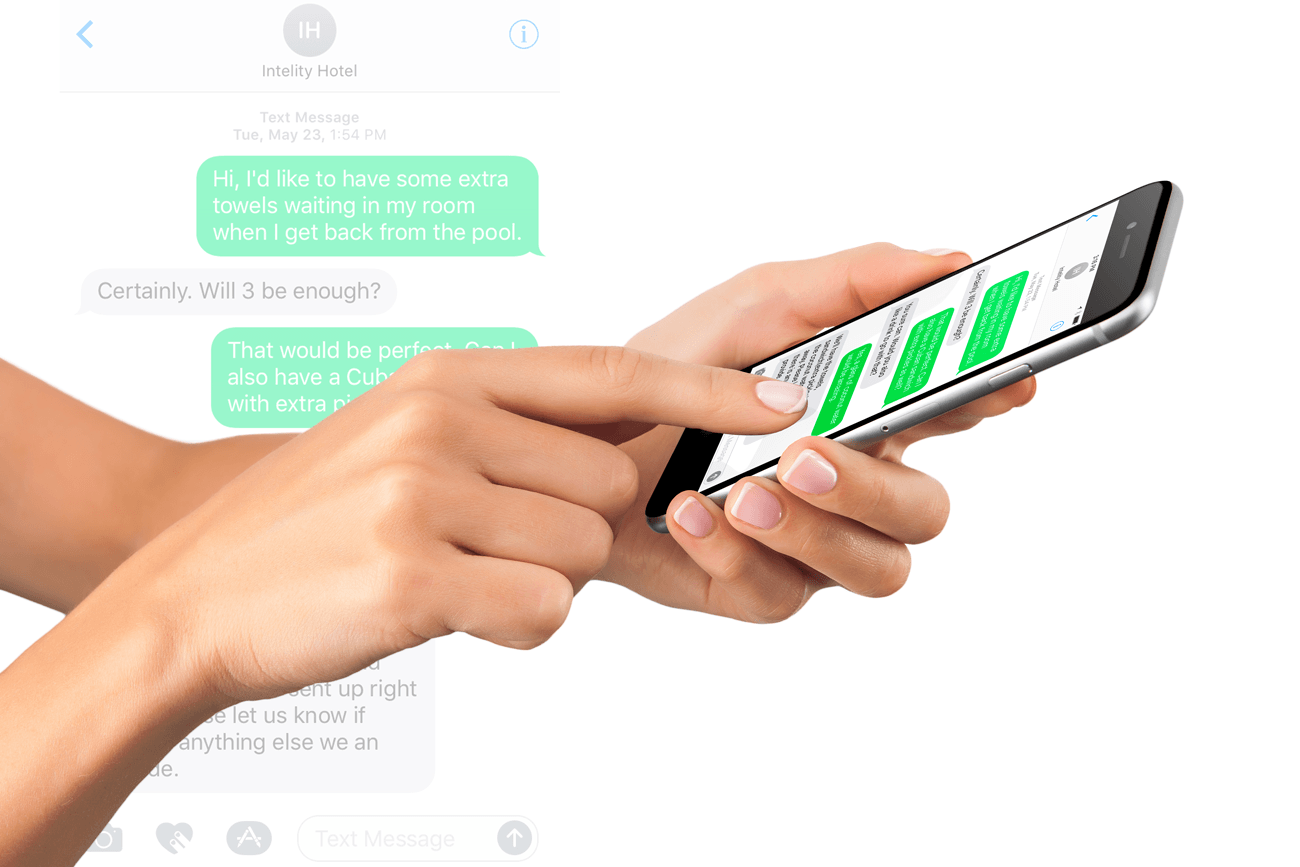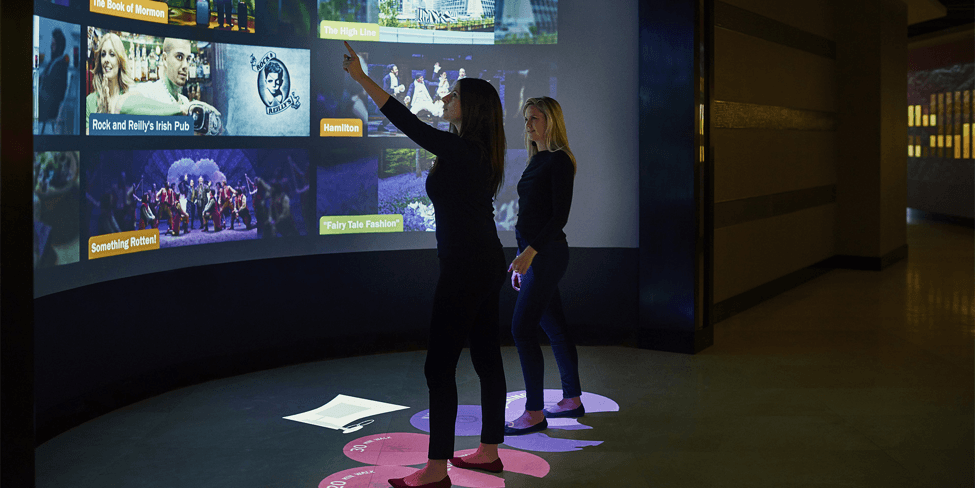Is your hotel looking to take your social media marketing to the next level? Hotels that consistently connect with their guests via social media have been found to increase awareness of their hotel and build stronger bonds with their guests, leading to a likelihood of higher mobile app adoption rates and long-term success.
In the modern travel industry, there has been a culture of sharing reviews and experiences online. Recently, EyeforTravel found that 70% of travelers update their Facebook with photos and text posts while on vacation. This percentage goes up to 97% for Millennials, according to Internet Marketing Inc.
Personal recommendations, through these shared travel experiences, have become the most trusted form of ‘advertising’, because, at the end of the day, people trust people – not brands, according to research by Neilson.
Hotels can smartly use social media to capitalize on these trends in order to see an increase in bookings, a return in clientele and encourage growth in their hotel.
Here are six social media marketing tips that hotels can start utilizing now:
TAKE TIME TO LISTEN THROUGH SOCIAL MEDIA
When you consider your marketing strategy and evaluate your choices for addition to technology and new strategies, make sure you have a firm foundation with which to build on. Social media can provide a window into knowing what guests want – and be very useful for improving marketing, operations, and management.
Local Measure, who examined content via Facebook, Twitter, and Instagram for two months in 2017 looked at 300 hotels were popular places for guests social chatter. Here were the results:
- Restaurant/meals – 11,700 posts
- Drinks/ The Bar – 6,400 posts
- View from the guest room – 4,000 posts
- Key room features/condition of the room – 3,000 posts
- The pool/swimming – 2,800 posts.
Clearly, dining and bar areas are popular locations to ensure a social media-friendly experience. Enhancing aesthetic features such as backdrops and soft lighting, without sacrificing other parts of the guest experience will lead to overall guest satisfaction and loyalty – and provide the perfect Instagram or Snapchat photo opportunity.
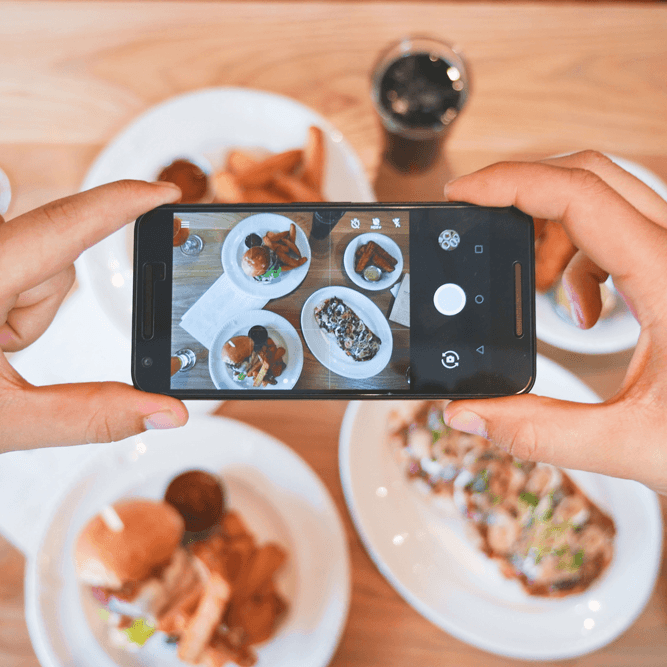
ENGAGEMENT IS CRITICAL
Engagement is essential for becoming a ‘social’ hotel. By engaging online, hoteliers can offer greater personalization and lead guests toward those incredible customer service experiences that have come to define luxury hotel guest service. Here’s how you can engage socially:
- If the guest does engage on social media while on property, make them feel extra special by engaging back
- Use collateral to recommend hashtags for your location then keep your social media team on the ball by looking out for guests that engage with that property
- Thank guests for any posts and keep an informal friendly tone that is in line with your brand

ASK FOR ONLINE REVIEWS
It is clear that reviews are critical both in influencing guests during their path to purchase and inspiring loyalty for returning guests. Asking people for online reviews and making it easy for them to fill out, will likely increase the opportunities for positive reviews of your property.
INTELITY’s Mobile App and Messaging solutions can serve as a convenient bridge for conversations with hotel guests. An increasing number of guests carry a personal mobile device and are enthusiastic to use their mobile device for active digital engagement with hotel staff.
Specifically, INTELITY’s Mobile App comes with built-in features, such as digital comment cards or the ability to send a push notification or text message which you could use to request guest feedback after they have checked out.
Guest responses can provide insight into their behavior and preferences and can be leveraged to increase overall hotel guest satisfaction and loyalty. This is can be critical for appealing to modern travelers, who place more value on personalized guest experiences.
CATER TO THE ‘EXPERIENCE SEEKING’ GUEST
Guests are becoming “experience seekers.” They are actively looking for something new and different that might be photo or Facebook-worthy. Ask yourself what kind of guest experience you want to provide, then think outside-the-box to come up with strategies and technologies to implement at your hotel.
We admire Conrad Hotels’ desire to continue to be innovative in their approach to content marketing, as well as, a useful service for its guest through the Conrad 1/3/5 campaign. This campaign was built with local travel itineraries for 1-, 3- and 5-hour time frames in destinations from all around the world. For your own private tour, visit StayInspired.com.
Conrad 1/3/5 or the StayInspired campaign has inspired trust in the Conrad brand by becoming an invaluable resource for travelers and guests. As a member of the hospitality field, carefully consider your hotel’s location and what you think will improve or enhance your guests’ experience.
USE SOCIAL MEDIA INFLUENCERS TO BOOST YOUR BRAND
One thing that guests are more loyal to than social media itself are the influencers that they subscribe to in their daily lives. Influencer marketing is currently one of the fastest growing customer acquisition methods out there today.
Influencer marketing is a powerful way to connect with larger audiences with the added touch of a trusted voice – which is especially valuable for lifestyle and boutique hotels aiming to define and build their identity. One main factor that needs to be considered in choosing an influencer for your hotel is the influencer’s audience demographic. The audience you want to choose should match both the hotel’s distinct personality and target market.
Influencers don’t always have to be social media celebrities. They can simply be users with a significant following who are representative of your target market, such as a social-savvy corporate traveler. Followers will be more likely to relate to these down-to-earth personalities, which could lead to higher bookings and better social brand loyalty to your hotel.

Consider a Marketing Strategy that Focuses on Guest-Curated Content
A solid social media strategy should also include more than your hotel’s professionally photographed images. You can amplify a sense of trust in your brand by promoting content created by your guests. Help your guests and potential guests find the things they are interested in, whether it be a local area attraction or event, and show those interested in your hotel that you are the go-to for all things in your area.
Re-share a recent guest’s Instagram photo where they discuss how amazing the hotel decor is, how delicious their complimentary breakfast was, or how they cannot get over how good the view from their hotel room is. Make sure to thank your guest for their lovely comments for that personal touch. When reposting, use direct quotes if possible then tag and give photo credit to the Instagram user. Through social media, consumers are more likely to notice things like guest iPhone photos over professional photography.
